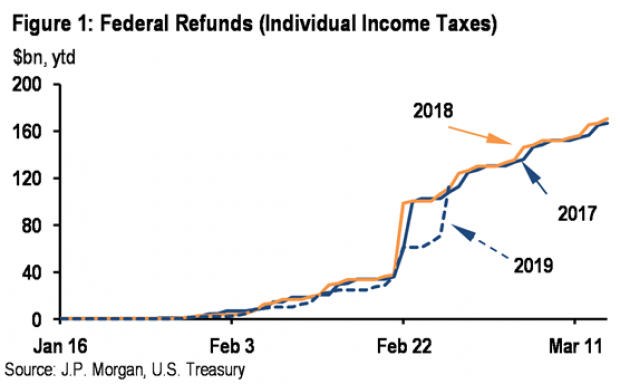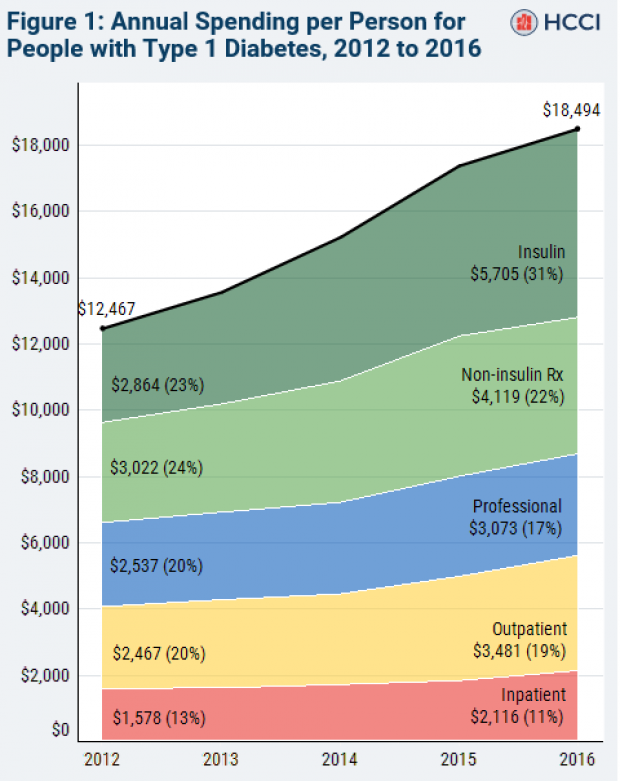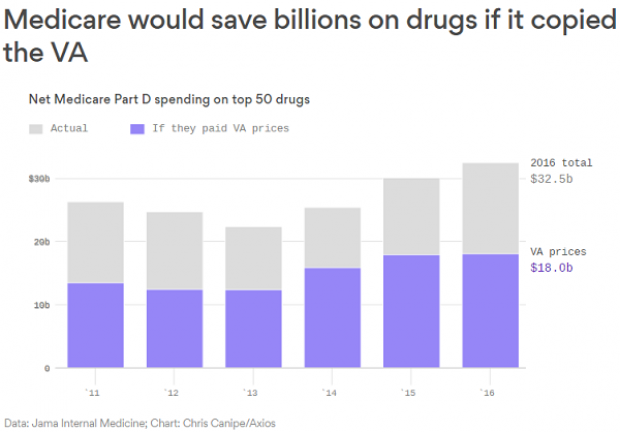Jeb Bush Wasn’t Bashful About Trading on Family Name
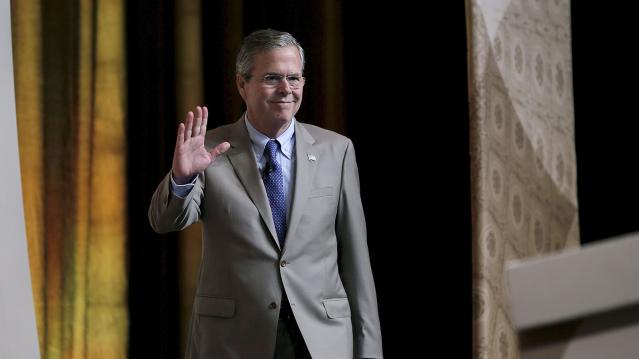
While Jeb Bush frequently is touted as both a two-term governor and a successful businessman, his often dubious record as an entrepreneur and investor has been widely documented over the past three decades.
The 62-year-old scion of a powerful political family and now an announced candidate for the 2016 GOP presidential nomination was involved in a myriad business ventures dating back to the mid-1980s, The Washington Post noted on Monday in the latest media examination of Bush’s entrepreneurial exploits as he tried to amass his fortune.
Related: Jeb Bush Shows Some Fire in Campaign Launch
Bush brokered numerous real estate deals in Miami, helped to arrange bank loans in Venezuela, marketed shoes in Panama, sought out Mexican investors for a building-materials company, advised transnational financial services firms — you name it. He also made a boatload of money by sitting on a handful of corporate boards. And ever since he left the Florida governor’s office in 2007, Bush — like Democrat Hillary Clinton — has raked in substantial income by giving speeches while also consulting and managing investments for others.
“Jeb Bush had a successful career in commercial real estate and business before serving as Florida’s governor,” Kristy Campbell, a spokeswoman for Bush, told the Post. “He has always operated with the highest level of integrity throughout his business career.”
And yet the Post’s lengthy review of Bush’s business career — culled from records, lawsuits, interviews and newspapers accounts dating back more than 30 years — reveals a picture of a young man on the make who “often benefited from his family connections and repeatedly put himself in situations that raised questions about his judgement and exposed him to reputational risks.”
Related: Can Jeb Bush Unite the GOP’s Establishment and Religious Wings?
Five of Bush’s former business associates have been convicted of crimes; one remains an international fugitive on fraud charges. Bush has disavowed any knowledge of the wrongdoing and conceded that some of the businessmen he met in Florida took advantage of his relative youth and naiveté.
One thing that comes through loud and clear in the Post report is that Jeb Bush had no compunction about trading on his family name in trying to make a buck.
Major case in point: In early 1989, seven weeks after his father, George H.W. Bush, took office as president, Jeb Bush took a trip to Nigeria with the executive of a Florida company called Moving Water Industries. Bush had just been hired to help market the firm’s water pumps.
With no less than a special escort from the U.S. ambassador to Nigeria, Bush and his new boss met with the nation’s political and religious leaders as part of the company’s effort to land a deal that would be worth $80 million.
“My father is the president of the United States, duly elected by people that have an interest in improving ties everywhere,” the young Bush told the group. “The fact that you have done this today is something I will report back to him very quickly when I get back to the United States.”
Just days after Bush returned to the U.S., his father sent the president of Nigeria a handwritten note thanking him for hosting his son. Not surprisingly, Moving Water Industries eventually landed the deals it was seeking, according to the Post.
Tax Refunds Rebound

Smaller refunds in the first few weeks of the current tax season were shaping up to be a political problem for Republicans, but new data from the IRS shows that the value of refund checks has snapped back and is now running 1.3 percent higher than last year. The average refund through February 23 last year was $3,103, while the average refund through February 22 of 2019 was $3,143 – a difference of $40. The chart below from J.P. Morgan shows how refunds performed over the last 3 years.
Number of the Day: $22 Trillion
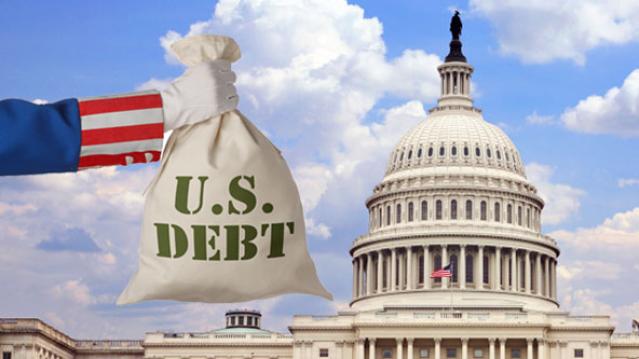
The total national debt surpassed $22 trillion on Monday. Total public debt outstanding reached $22,012,840,891,685.32, to be exact. That figure is up by more than $1.3 trillion over the past 12 months and by more than $2 trillion since President Trump took office.
Chart of the Week: The Soaring Cost of Insulin
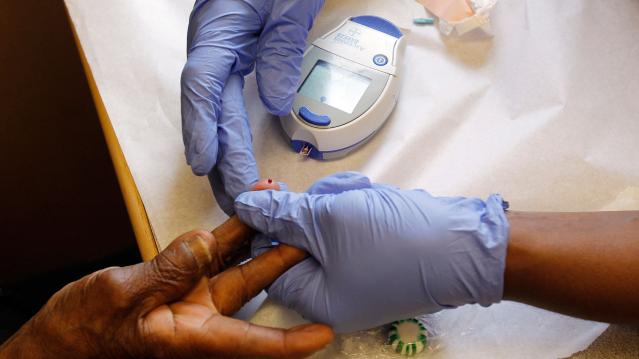
The cost of insulin used to treat Type 1 diabetes nearly doubled between 2012 and 2016, according to an analysis released this week by the Health Care Cost Institute. Researchers found that the average point-of-sale price increased “from $7.80 a day in 2012 to $15 a day in 2016 for someone using an average amount of insulin (60 units per day).” Annual spending per person on insulin rose from $2,864 to $5,705 over the five-year period. And by 2016, insulin costs accounted for nearly a third of all heath care spending for those with Type 1 diabetes (see the chart below), which rose from $12,467 in 2012 to $18,494.
Chart of the Day: Shutdown Hits Like a Hurricane

The partial government shutdown has hit the economy like a hurricane – and not just metaphorically. Analysts at the Committee for a Responsible Federal Budget said Tuesday that the shutdown has now cost the economy about $26 billion, close to the average cost of $27 billion per hurricane calculated by the Congressional Budget Office for storms striking the U.S. between 2000 and 2015. From an economic point of view, it’s basically “a self-imposed natural disaster,” CRFB said.
Chart of the Week: Lowering Medicare Drug Prices

The U.S. could save billions of dollars a year if Medicare were empowered to negotiate drug prices directly with pharmaceutical companies, according to a paper published by JAMA Internal Medicine earlier this week. Researchers compared the prices of the top 50 oral drugs in Medicare Part D to the prices for the same drugs at the Department of Veterans Affairs, which negotiates its own prices and uses a national formulary. They found that Medicare’s total spending was much higher than it would have been with VA pricing.
In 2016, for example, Medicare Part D spent $32.5 billion on the top 50 drugs but would have spent $18 billion if VA prices were in effect – or roughly 45 percent less. And the savings would likely be larger still, Axios’s Bob Herman said, since the study did not consider high-cost injectable drugs such as insulin.

